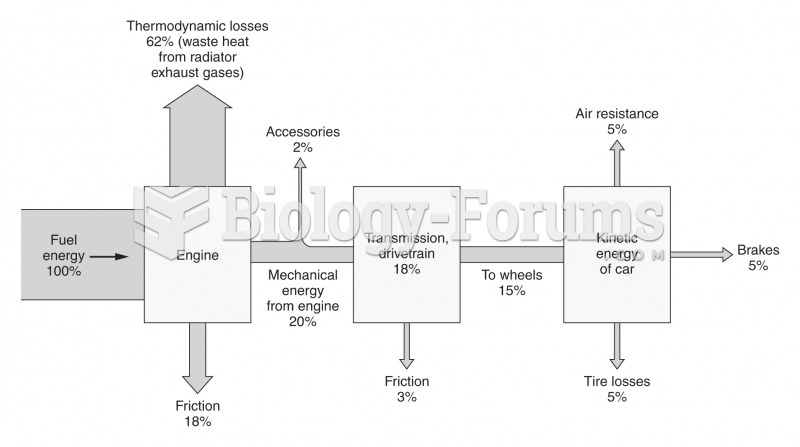|
|
|
Most strokes are caused when blood clots move to a blood vessel in the brain and block blood flow to that area. Thrombolytic therapy can be used to dissolve the clot quickly. If given within 3 hours of the first stroke symptoms, this therapy can help limit stroke damage and disability.
Although puberty usually occurs in the early teenage years, the world's youngest parents were two Chinese children who had their first baby when they were 8 and 9 years of age.
Everyone has one nostril that is larger than the other.
Medication errors are more common among seriously ill patients than with those with minor conditions.
Signs of depression include feeling sad most of the time for 2 weeks or longer; loss of interest in things normally enjoyed; lack of energy; sleep and appetite disturbances; weight changes; feelings of hopelessness, helplessness, or worthlessness; an inability to make decisions; and thoughts of death and suicide.
 This bike actually flies—thanks to six horizontal propellers and a battery-powered motor. Changing ...
This bike actually flies—thanks to six horizontal propellers and a battery-powered motor. Changing ...
 This battery-powered tester uses light-emitting diodes (LEDs), meter lead terminals, and two small ...
This battery-powered tester uses light-emitting diodes (LEDs), meter lead terminals, and two small ...





